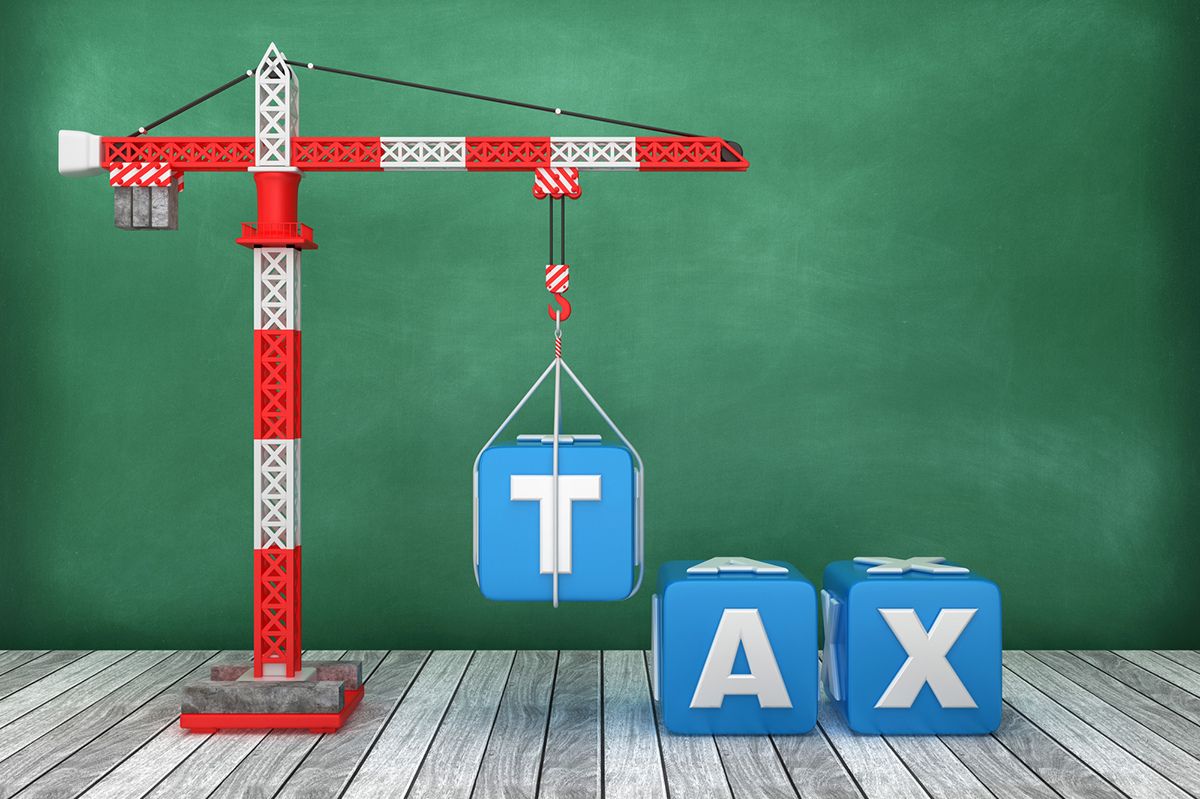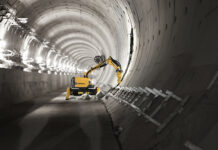
Earlier this year, UK chancellor Rishi Sunak announced a new ‘Super Deduction’ to provide an incentive for businesses to invest in new plant, machinery and equipment. Here, Craig Harman, a tax specialist and partner at Perrys Chartered Accountants, provides answers to the most frequently asked questions about the temporary tax break.
Q) What is the Super Deduction?
Under the new scheme, expenditure incurred from 1 April 2021 until the end of March 2023 is eligible for 130% capital allowances on qualifying plant and machinery investments. This means that for every pound a company invests, their taxes are cut by up to 25p.
For example, if a construction firm spends £100,000 on a new fleet of forklift trucks, the corporation tax deduction will be £130,000, giving corporation tax relief at 19% on £130,000, which is £24,700.
It’s important to note that the tax break is only available for limited companies, not sole traders or partnerships.
Q) What kind of equipment qualifies for the Super Deduction?
A broad range of plant, machinery and other assets are eligible. But while vehicles such as construction site plant, trucks and vans are included, ordinary cars do not qualify, as they are not treated as ‘main pool’ plant and machinery for capital allowance purposes. Pre-owned goods are also excluded. To qualify, assets must be purchased brand new from 1 April 2021 and not second-hand.
Latest government guidance for eligible assets includes: Solar panels; computer equipment and servers; tractors, lorries, vans; ladders, drills, cranes; office chairs and desks; electric vehicle charging points; refrigeration units; compressors; foundry equipment.
However, the government stresses that this is not an exhaustive list. Seek professional guidance from a tax expert to establish whether a purchase you are considering might qualify for the new level of tax relief.
Q) What if I’m planning to buy equipment using hire purchase?
Assets bought using a credit agreement can still be included, so long as the business owns the asset at the end of the agreement. Indeed, buying under a HP agreement may be a sensible option in terms of company cashflow.
Again, it’s important to discuss details with a tax specialist in order to optimise tax savings and maximise cashflow for your business.
Q) Can I claim Super Deduction Tax on assets I’m planning to rent out?
No, the government has specifically excluded expenditure on the provision of plant and machinery for leasing. So, if you are a plant hire company, for example, the tax break will not apply on the purchase of new vehicles and machinery to be rented out.
Q) I’m a sole trader about to invest in expensive new equipment. Should I consider setting up a limited company to qualify for Super Deduction Tax?
It’s not hard to see why sole traders might consider incorporating in order to qualify for this generous tax relief. If you’re a sole trader planning a large investment, incorporation may well offer tax advantages on a short-term basis.
However, it’s vital to consider the bigger picture. Corporation tax hikes are planned from April 2023, with the rate rising from 19% to 25% for companies with profits over £250,000, and tapered rises for profits between £50,000 and £250,000. An accountant will be able to take an overview of your business situation and discuss the pros and cons of your trading options.
Beware clawback on the disposal of assets!
New disposal rules will apply to assets that have been claimed under the Super Deduction Tax. The rules are complex and the precise tax implications will depend on the date of the disposal and the company’s year end. However, if the asset is disposed of before 1 April 2023 or the company’s accounting period overlaps this date, the disposal receipt will also be increased by a factor of up to 1.3. This means that some of the tax relief claimed may be clawed back by the Treasury over time, a factor that should always be considered prior to making a purchase.
In summary, the Super Deduction Tax is undeniably a generous benefit that should kick-start investment amongst UK businesses. But, as with any business decision, it’s important to consider all long-term implications before signing the contract on an expensive new purchase.











